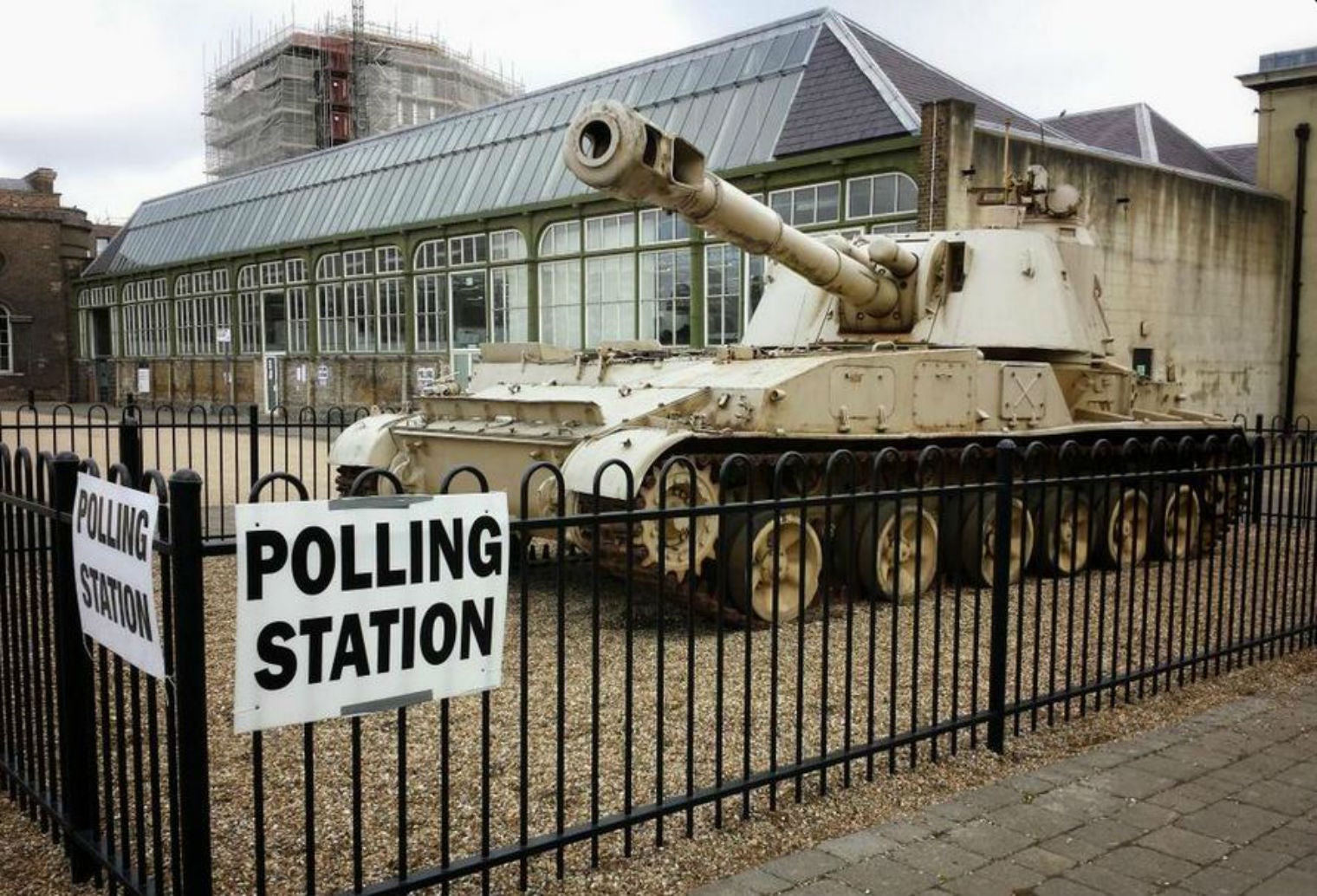Your support helps us to tell the story
This election is still a dead heat, according to most polls. In a fight with such wafer-thin margins, we need reporters on the ground talking to the people Trump and Harris are courting. Your support allows us to keep sending journalists to the story.
The Independent is trusted by 27 million Americans from across the entire political spectrum every month. Unlike many other quality news outlets, we choose not to lock you out of our reporting and analysis with paywalls. But quality journalism must still be paid for.
Help us keep bring these critical stories to light. Your support makes all the difference.
It hasn’t even been 24 hours since the the 2015 General Election polls closed, but many are eager to know when the next vote will be.
Historically, it was for the sitting prime minister to decide when to call an election, as long as the interval between each one was no longer than five years.
But following the Fixed Terms Parliament Act of 2011, passed by the previous Coalition Government, a General Election must now be held every five years on a set date.
The act specifies that future elections will be held on the first Thursday of May, every five years.
This would mean the date of the next General Election in the UK would fall on 7 May 2020.
It is possible for a fixed term parliament to be brought down and the date to change, but only in two specific ways.
First, if a two-thirds majority of the House of Commons votes to dissolve itself or secondly, if the government passes a motion of no confidence and no one forms a government, which wins a vote of confidence, within two weeks.
Subscribe to Independent Premium to bookmark this article
Want to bookmark your favourite articles and stories to read or reference later? Start your Independent Premium subscription today.

Join our commenting forum
Join thought-provoking conversations, follow other Independent readers and see their replies
Comments